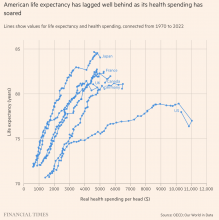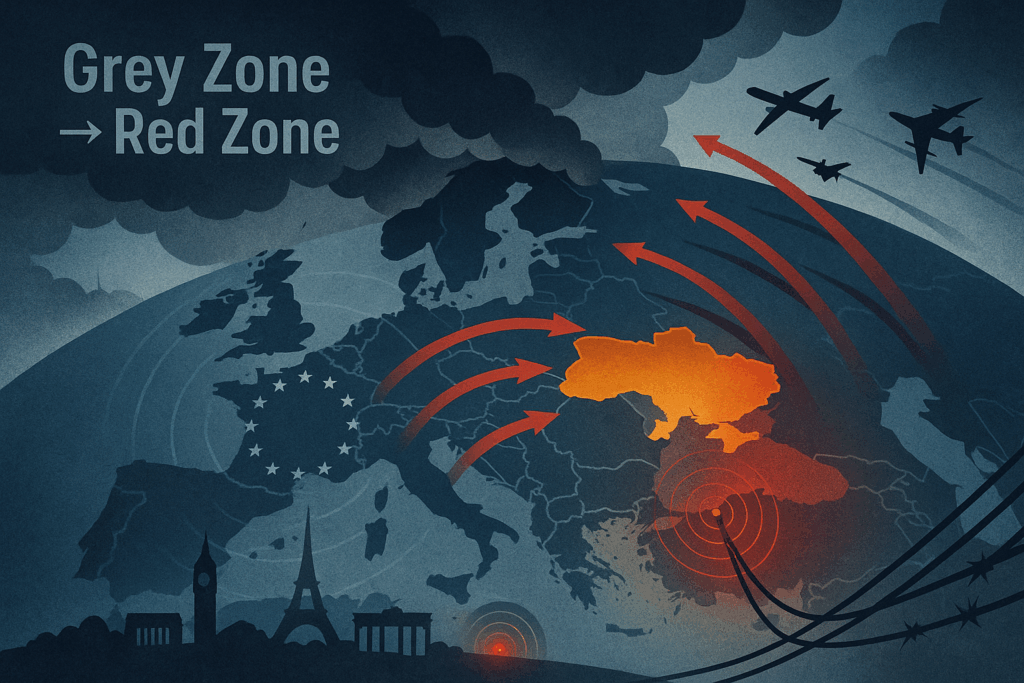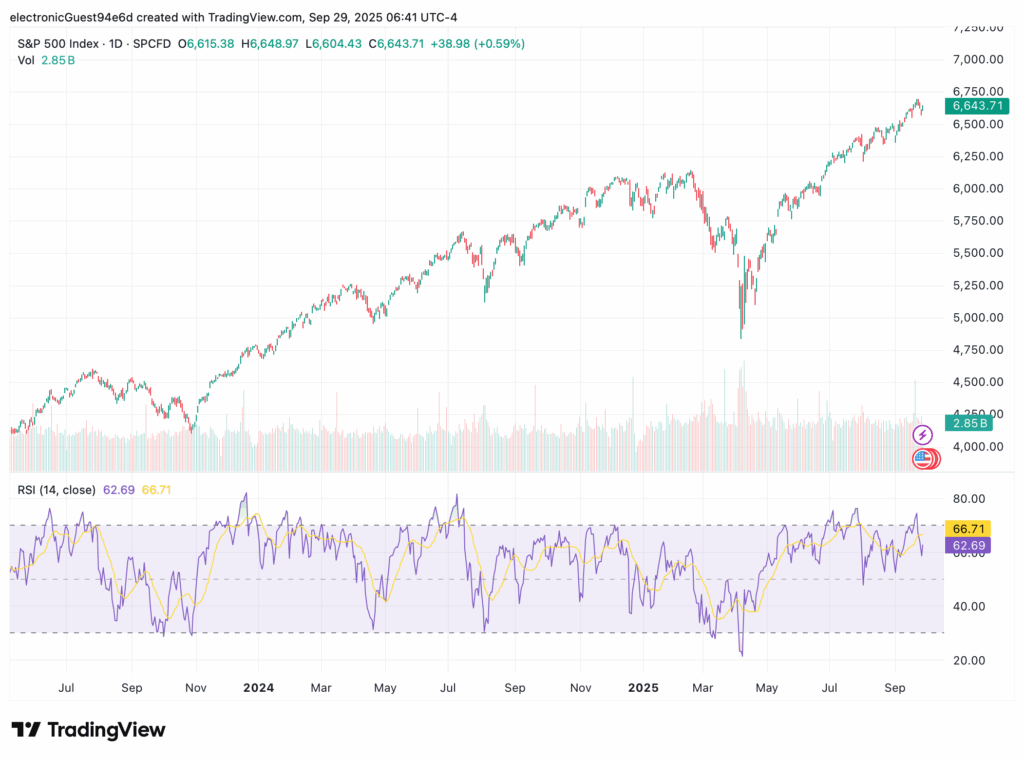“A clever person solves a problem. A wise person avoids it.”
— Albert Einstein
Speevr Intelligence
The Speevr Intelligence daily updates provide in-depth alternative perspectives on key themes and narratives driving financial markets. Our unique collection brings Speevr's exclusive content together with partners' research and analysis.







